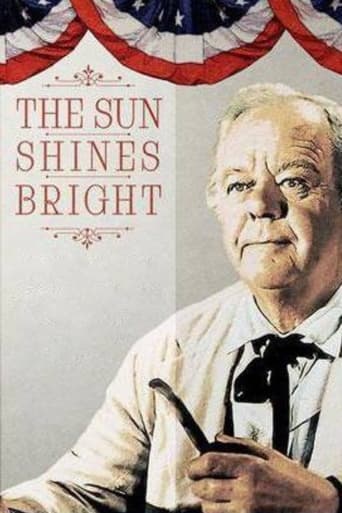


The Sun Shines Bright
With the election approaching, a judge in a Southern town at the turn of the 20th century is involved variously in revealing the real identity of a young woman, reliving his Civil War memories, and preventing the lynching of an African youth.
-
- Cast:
- Charles Winninger , Arleen Whelan , John Russell , Stepin Fetchit , Russell Simpson , Ludwig Stössel , Francis Ford


Similar titles
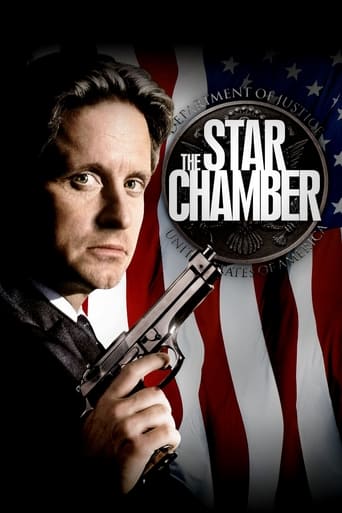
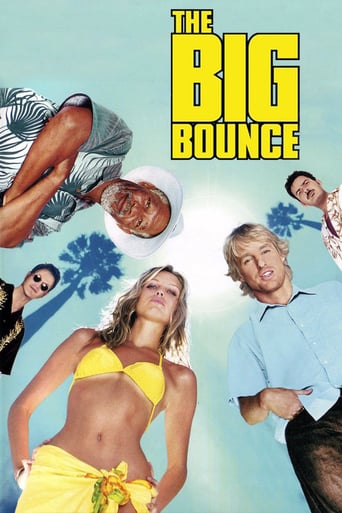
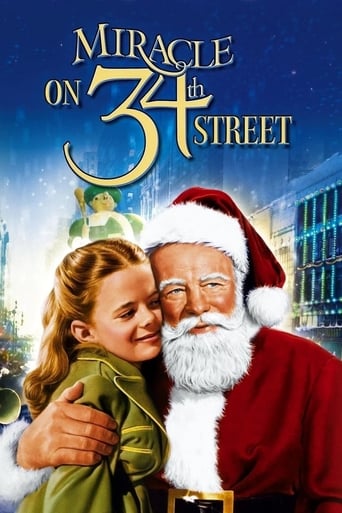
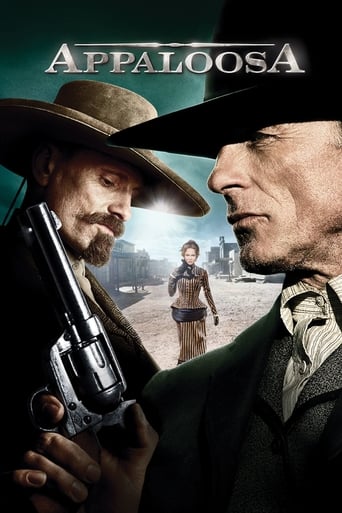
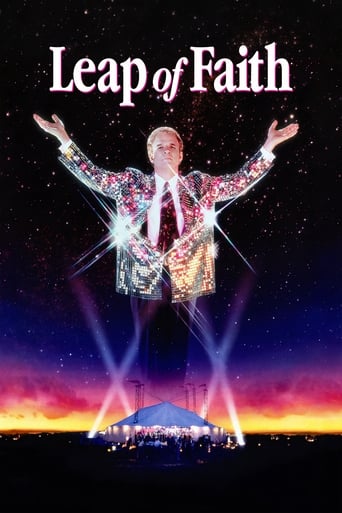
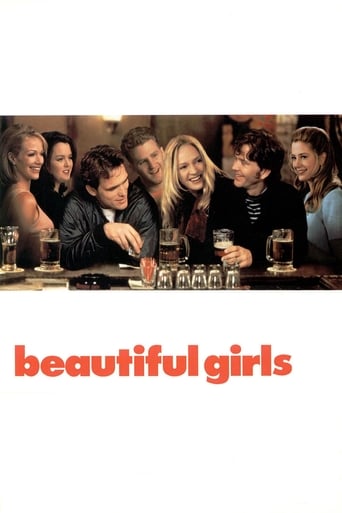
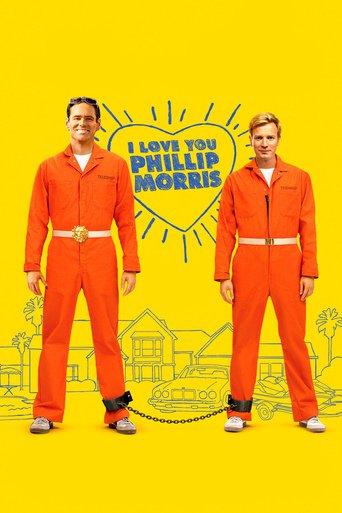
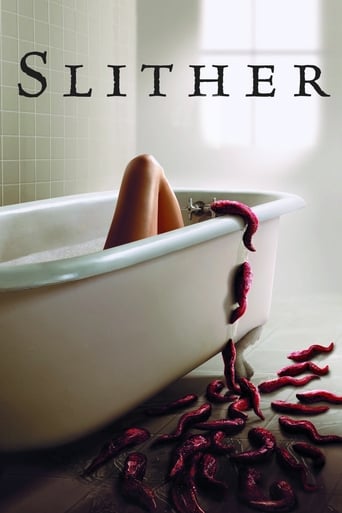
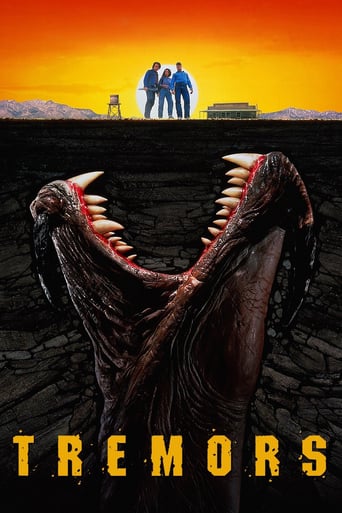
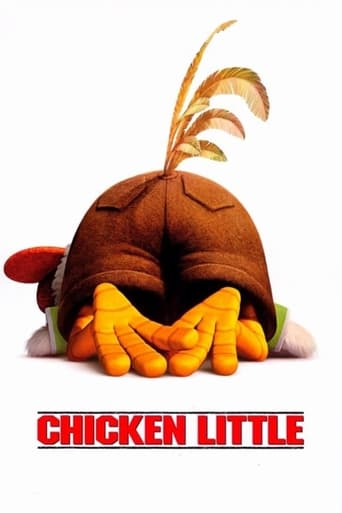
Reviews
Expected more
Best movie ever!
The film never slows down or bores, plunging from one harrowing sequence to the next.
This is one of the best movies I’ve seen in a very long time. You have to go and see this on the big screen.
I was a remarkably insensitive 14 year old when I first saw "The sun shines bright", a title vaguely familiar from a song sung by my grandfather,a stretcher - bearer on the Western Front who would often break into "The sun shines bright on Charlie Chaplin" whilst working in his tailor's workshop. There were no race issues in England,the only non - white person I had ever met delivered "Easyklene" products to my grandmother's door three or four times a year. The innocence of my vision was indeed enviable. I knew a little about he American Civil War - I'd seen "Gone with the wind" and knew about the abolition of slavery. I'd heard my first jazz record,"Darktown Strutters'Ball" by Bunk Johnson but knew nothing of the indignities suffered by black people despite the war between the states being over for ninety years. I loved this sentimental portrait without actually knowing it was a sentimental portrait. The judge was obviously a wise and human man,I totally didn't get the reference to the whore,the controversial depictions of the black characters(I thought Stepin Fetchit was a great comedian on a par with "Amos 'n' Andy") and the general undercurrent of what seems to many reviewers racism tantamount to KKK levels. Now I do,but I shan't make the mistake of applying 21st century sensitivities to a 65 year old film that's basic aim was to entertain. One perceptive reviewer likened Mr Ford's portrayal of post - bellum Kentucky to his vision of Ireland in "The Quiet Man",a never - never land existing only in his head. This isn't a significant socially realistic film - Mr Ford had very little time for that sort of cinema. It is a rather whimsical,entertaining piece of fiction;an exceptionally well - made portion of Americana that displeases many today. To criticise it because it doesn't suit us today is like criticising "Battleship Potemkin" because it doesn't have commercial breaks every 15 minutes.
"Racist? Me? My best friends are black; Woody Strode and my servant who's lived with me for thirty years. I've even made a picture exalting the blacks! I'm not a racist! I consider the blacks as completely American!" - John FordJohn Ford's "The Sun Shines Bright" stars Charles Winniger as William Priest, a kind, elderly judge operating out of old Kentucky. Structured as a series of vignettes, the film watches as Priest finds work for lazy black men, sympathises with prostitutes, defends wrongly accused African Americans, challenges racist lynch mobs and forges bonds between Confederate and Unionist types, the American North and South holding hands under the magnificent spectacle of the Star-Spangled Banner.In other words, it's another John Ford flick about "what it means to be American". What's interesting about "The Sun Shines Bright", though, is the way it manages to be sympathetic to the plights of the downtrodden (prostitutes, women, African Americans etc), whilst also being totally conservative, racist and reactionary. In this regard, Ford's film is filled with racial stereotypes (Stepin Fetchit, cast a dimwitted man-child), is incredibly paternalistic, pretends to decry outlaw justice whilst celebrating the vigilante killing of bad guys, panders to Confederates and exalts the moral and ethical superiority of the Law (which in most Ford flicks, equates with the bowing down to military/patriarchal authority). "The Sun Shines Bright" was based on a series of "Judge Priest" stories by Irvin S. Cobb. It's also a loose remake of Ford's 1933 film, "Judge Priest". That film opened with text which exalted the "tolerance of the late 1800s" and the "wisdom of an almost vanished generation". This bogus sentimentality, and ahistoricism, is replicated in "The Sun Shines Bright", both films nostalgically pining for a Lost Cause mode of southern identity, but doing so in the guise of a statement against prejudice and intolerance. This is not surprising. Most films "about" or "against" racism ("Colour Purple", "Monster's Ball", "Sayonara", "The Blind Side" etc) are thoroughly racist. But "The Sun Shines Bright" goes further. It manages to outright reassert the patriarchal slave order of the Old South, and endorse its standard iconography of racial subjugation, whilst doing so via a mechanism of reform.Most Ford flicks take place within a burgeoning civilisation on the edge of a beautiful wilderness. Ford then typically gives us little bastions – usually army bases, forts, small towns etc – at which American "values" take root or battle for victory. In "The Sun Shines Bright's" case, such values include tolerance, law, justice, community, the virtue of local elections, independence and so forth, though blacks remain "too young to vote", as our esteemed Judge reminds us.Aesthetically, "The Sun Shines Bright" is strong, Ford's framing and cutting immaculate. The film overloads on antebellum nostalgia/sentimentality, but was regarded by Ford as one of his finest creations. The film's racist caricatures are typically explained away by critics as being a "product of their time" (some say Stepin Fetchit's portrayal is "subversive"), but that idea is nonsense. 1953 wasn't the Dark Ages, and Western artists have been sympathetically portraying blacks since the 1700s. In 1960, Ford would attempt to address accusations that his films depict a thoroughly whitewashed version of the Old West (by 1870, approximately 290,000 African Americans lived in the sixteen territories comprising the West, approximately twelve percent of the population) by directing "Sergeant Rutledge". That film revolved around a "Buffalo Soldier" (played by Woody Strode as an archetypal "strong, righteous black man") who is wrongfully accused of raping a white woman during the Indian Wars. Here Ford attempts to debunk the myth of the "black rapist", a spectre which has hung over cinema since "The Birth of a Nation", but as is often the case with Ford, such well meaning gestures are negated by the film itself; this was ultimately a picture which ignores the fact that it is about oppressed minorities armed to slay oppressed minorities, and one which has total faith in the dignity and morality of military service, an institution which Ford's hero naively believes provides "freedom" and "self respect". Released during the rise of American Civil Rights movements, black audiences rightfully rejected "Rutledge"; you cannot reconcile black pride and black sexuality with the authoritarian, racist system of the white-controlled military.Within his own life, Ford embodied similar contradictions. As the child of immigrants, he was the member of a persecuted racial and religious minority, a fact which led to him identifying with anyone who faced victimisation. In the early 1950s, when Hollywood was being mauled by the House Un-American Activities Committee (HUAC), which investigated Communist influence in the film industry, Ford would also speak out against the attempts of right-wing directors to take over the Directors Guild of America and enforce their own blacklisting policies. On the flip side, Ford also allied himself with the conservative Motion Picture Alliance for the Protection of American Ideals (MPAPAI), which attempted to search out Communists in the industry. Such contradictory motions are common in his later works.4/10 – Worth one viewing.
While I admire John Ford's work, I knew enough about his weakness for low comedy and sentimentality so that I did not look forward to seeing this obscure movie (even though he often called it his favorite). And indeed the picture turned out to have these qualities in abundance. Nevertheless, I enjoyed "The Sun Shines Bright," finding it well made and at times moving.Judge Priest (ably portrayed by Charles Winninger) provides a strong moral core in the movie. He is a kind, tolerant man who combines a down to earth closeness to the people and traditions of his community with an integrity and conscience that earns the respect of those around him and sets him apart. In the final shot of the Judge, we stand outside his house and watch through his open doorway as he disappears into the darkness inside. It's the exact inversion of the closing scene in "The Searchers," when we look through the door at John Wayne, left outside and apart from the people in the house.Cornpone humor and sentimentality aside, there is much in the film that is John Ford in concentrated form--his love of folk music and marches, for example. Most of all, there are his magical set pieces that capture his intense feeling for how communities work--the temperance ladies' dance, the lynch mob, and the funeral for the "fallen woman." The funeral in particular is a wonderful sequence.As others have pointed out, the movie is very politically incorrect from the viewpoint of today--and in fact from the viewpoint of the last 50 years. This may explain its obscurity. There is the chorus of singing black folks who "know their place," the sentimental nostalgia for the Confederacy, and, most of all, the mere presence of Stepin Fetchit in the movie. As I see it, these things are not just politically incorrect but just plain wrong.Nevertheless, far from being a bigot or reactionary, John Ford was an artist of great spirit and vision. Even in this movie, some of the black characters are anything but stereotypes. We have to grant Ford the limitations of his time.
When discussing this enriched remake of his 1934 film featuring Will Rogers, director John Ford, not one to speak with crossed fingers, is quoted by Peter Bogdanovich: " 'The Sun Shines Bright' is my favorite picture - I love it. And it's true to life, it happened. Irvin Cobb got everything he wrote from real life, and that's the best of his Judge Priest stories." Three Cobb stories: "The Sun Shines Bright", "The Man From Massac", and "The Lord Provides", form the basis of a Laurence Stallings screenplay set in 1905 Fairfield, Kentucky, where incumbent magistrate William Priest (Charles Winninger in a rare starring turn) faces a close election against Yankee prosecutor Horace Maydew (Milburn Stone), while traces from a good many of Ford's customary themes are in place, including his relish for lost causes, Christian based parables, and the significance of closely-knit communities. When 20th Century Fox destroyed expurgated negatives from his initial Judge Priest effort, Ford decided to re-film it, and this unabashedly sentimental essay displays remarkable artistry from this highly visual director, as evil is mastered by simple good nature, even without the "director's cut" that restores over ten minutes of important footage, and is not widely available. Ford employs many of his favourite stock company players including two, Stepin Fetchit and (for the last time in a Ford picture) his brother Francis, who had been cast in the 1934 production, and all perform with enthusiasm, Winninger earning acting honours for his full-blooded performance, and viewers will appreciate the magnificent funeral procession and service scenes along with others where Ford's brother-in-law, assistant director Wingate Smith, utilizes his outstanding control of extras, a superlative element in a film that benefits from many such, and from which was reproduced a large print that was placed over the head of Ford's bed until his death.
